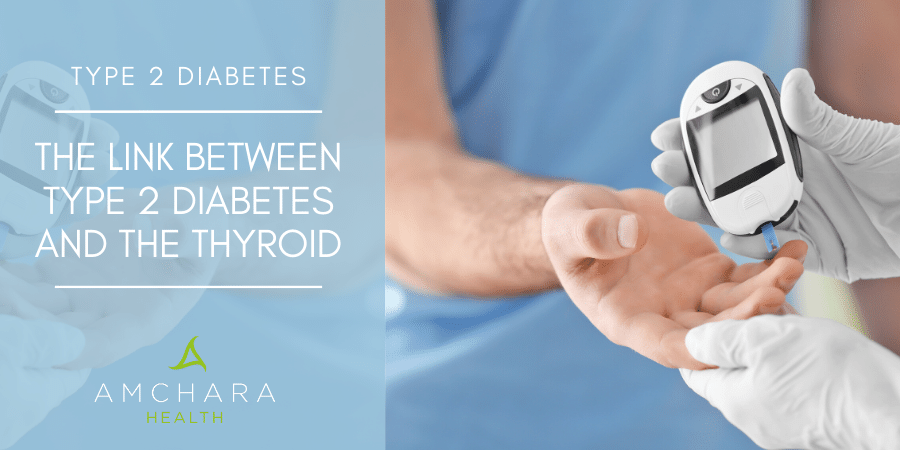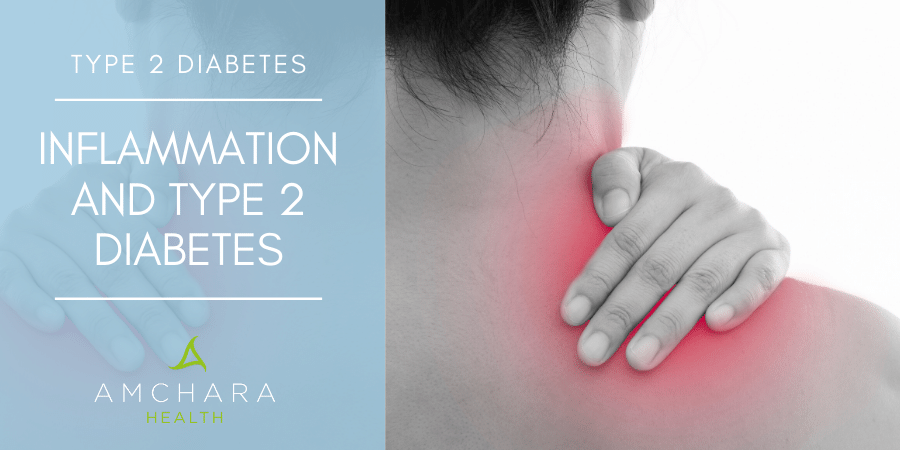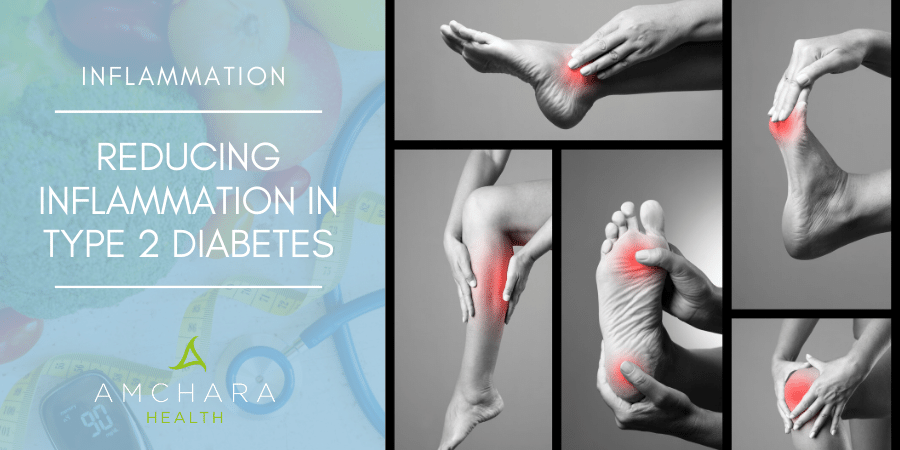Topics Covered in this article:
Type 2 diabetes is closely associated with obesity and statistics show that 50% of people with Type 2 diabetes have a BMI over 30. The increase in both obesity and the incidence of Type 2 diabetes is putting a large strain on NHS resources.
The effects of weight loss on Type 2 diabetes has been studied extensively; in this article we take a look at the research behind several weight loss methods, how they impact Type 2 diabetes and examine how Type 2 diabetes may be put into remission.
Type 2 diabetes and body weight
Once thought to be an irreversible, progressive condition, Type 2 diabetes is characterised by insulin resistance and high blood sugar levels. Research is now indicating that Type 2 diabetes may be put into remission through weight loss.
A plethora of studies over the years has shown reducing body weight by 5-10% can significantly improve blood sugar levels and other factors associated with Type 2 diabetes, such as cholesterol and triglycerides. NICE guidelines on management of Type 2 diabetes state a 5-10% weight loss should be advised for those who are overweight (1).
Methods to reach this weight loss target include surgery, general dietary advice, modifications to calorie intake and increased physical exercise.
Bariatric surgery
In severely obese patients, surgery to bypass the stomach or to fit a gastric band, therefore reducing the capacity of the stomach, can give significant weight loss. This brings many benefits to metabolic health including improved HbA1c (average blood glucose) and blood fats like cholesterol, thus reducing the risk of complications like cardiovascular disease.
There is consistent evidence to show that Type 2 diabetes can be put into remission following bariatric surgery and significant weight loss (2,3).
However, bariatric surgery does come with disadvantages and may lead to nutrient deficiencies and symptoms like nausea or vomiting. Often, it does not address or treat underlying behaviour that may be associated with the development of obesity in the first place.
Very low calorie diets
A very low calorie diet (VLCD) consists of reducing calories down to below 800 kcal a day. This can be achieved through meal replacements or smaller portions of carefully balanced meals. It is more common to find that VLCDs involve the use of meal replacement shakes or bars rather than food. These types of diets are conducted under supervision and are designed to be short term, around 12 weeks, and to lead to rapid weight loss in the region of 15-20%.
MRI scans of those on a VLCD show that abdominal (visceral) fat is reduced by 20-40% (4) – this is significant as an increase in belly fat and waist circumference is known to be a risk factor in cardiovascular disease, associated with Type 2 diabetes.
A wide range of metabolic changes are seen with the rapid weight loss on a VLCD including blood sugar level improvement, a reduction in insulin levels, and increased sensitivity to insulin, therefore reducing insulin resistance (5). In addition to this, Type 2 diabetes was seen to be put into remission for at least 6 months.
One very short study of 7 days duration found that those on a VLCD of around 400 kcal a day showed improvements in the function of the insulin secreting cells in the pancreas (6).
It is now understood that Type 2 diabetes involves chronic low grade inflammation. The association of obesity with Type 2 diabetes may in part explain the increase in inflammation. Fat cells are metabolically active and secrete a variety of substances and chemical messengers, such as pro-inflammatory cytokines.
There is a growing body of evidence showing that weight loss and VLCDs can reduce many of these inflammatory molecules and combat systemic inflammation (7).
Recent evidence from the DROPLET trial (8) and the Diabetes UK DiRECT trial (9), showing positive effects on weight loss and diabetes remission, have led to the inclusion of an 800 kcal VLCD in the NHS diabetes prevention programme (10).
The use of low calorie meal replacements in the short term requires supervision and a staged return to eating balanced, nutritious meals is required to ensure long term weight management.
Fasting
Fasting describes a period without food, when no calories and only water is taken in. The recent interest in fasting has brought about many terms including intermittent fasting, alternate day fasting and time restricted eating. There can be confusion around the meanings of these terms, and some refer to eating plans like the 5:2 diet as intermittent fasting even though calories are still consumed. Time restricted eating plans, such as the 16:8 plan, allow for a set period of fasting of 16 hours each day, whereas a true fast means consuming only water.
Alternate day fasting, involving a restriction on food intake every other day, or the 5:2 diet, are seen by some as more of a calorie restriction plan than true fasting. Others will argue the total avoidance of food intake for a set period, be that for certain hours during one day, or a full day, can also be classed as a form of calorie restriction. It is easy to see why there can be confusion around the term fasting.
What is clear however is that during a period without food the body moves into a self-cleansing phase which can exert many health benefits. Many of the different types of intermittent fasting or time restricted eating plans bring significant benefits to weight management as well as reducing visceral fat and improving glucose control and insulin resistance (11, 12).
A study into the effects of early time restricted eating, where food intake was limited to 6 hours during the day and the last meal eaten no later than 3pm, gave interesting results. Although no weight loss occurred, there were improvements in insulin sensitivity and secretion, and cardiovascular risk factors were reduced (13). This indicates there are beneficial effects relevant to Type 2 diabetes, independent of weight loss.
Takeaway
The evidence on weight reduction and improvements to metabolic markers and Type 2 diabetes is clear – there are significant improvements and Type 2 diabetes can be put into remission. Some evidence is showing rapid weight loss versus long term weight loss may give more benefit.
The importance of long term weight management for Type 2 diabetes cannot be underestimated. A 2019 study indicated that any benefits to cardiovascular risk in Type 2 diabetes may be reversed, if weight lost is then regained (14).
Undertaking a rapid weight loss programme to put Type 2 diabetes into remission is best carried out under professional guidance. A qualified and experienced Amchara Personalised Health practitioner can offer support and supervision on the best method for your circumstances.
We’re dedicated to providing you with both insightful information and evidence-based content, all orientated towards the Personalised Health approach.
Did you find this article useful? We would love to know your thoughts.
With your comments we’d love to continue the conversation.
Share your experiences and help others to achieve optimal health.
Read this next:




